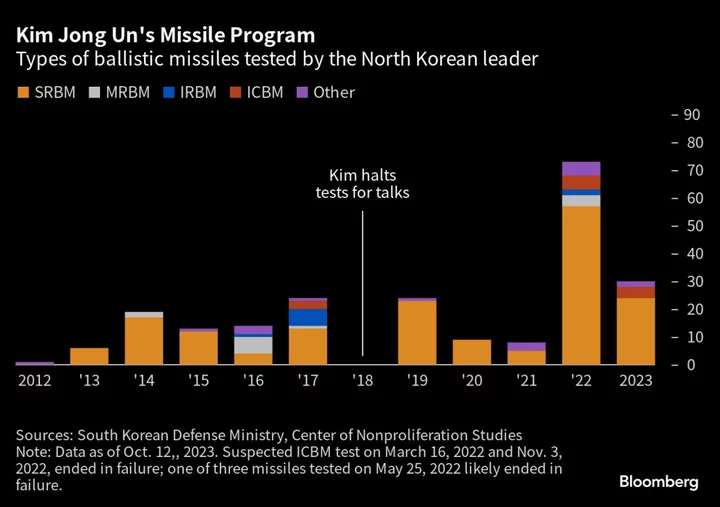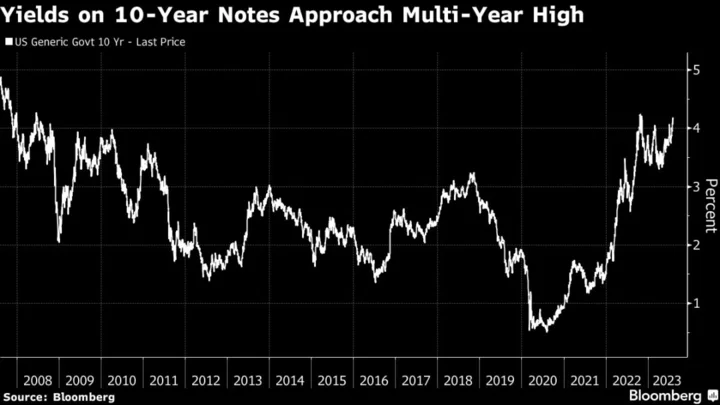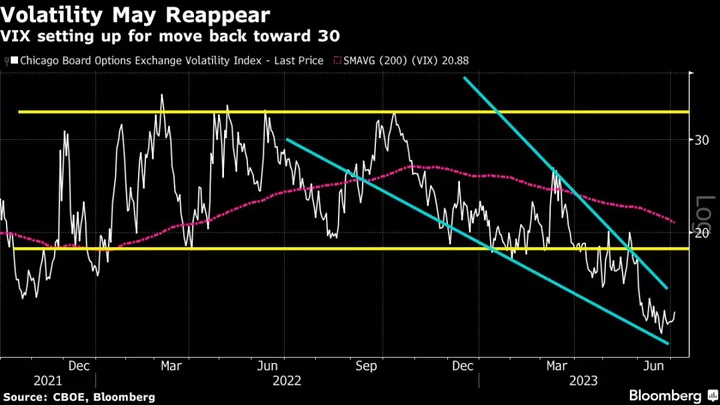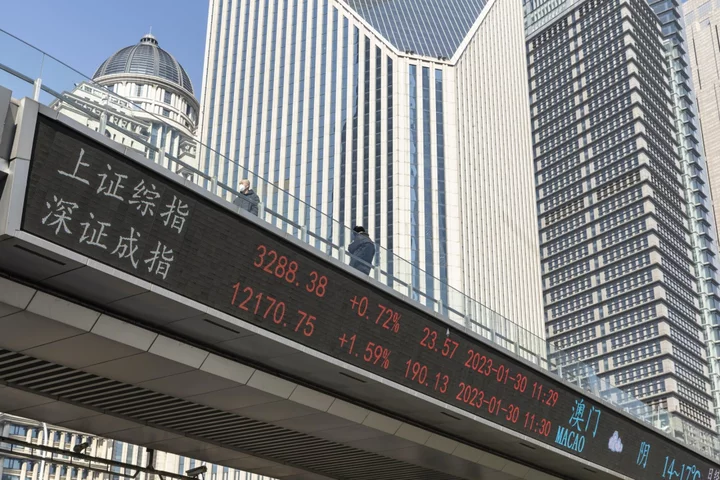Malaysia’s economic growth accelerated in the third quarter as consumer spending along with the services and construction sectors helped counter the impact of faltering exports.
Gross domestic product expanded 3.3% in the July-September period from a year ago, according to the central bank and the Department of Statistics Malaysia on Friday, in line with the preliminary reading last month and from a 2.9% gain in the second quarter. The economy rose 2.6% quarter-on-quarter.
Growth in services and construction quickened to 5% and 7.2% respectively from a year ago while manufacturing contracted on weaker external demand, underscoring the challenges of a slowing global economy for trade-reliant nations like Malaysia.
Relatively low borrowing costs are shielding the economy from the global slowdown, enabling growth in private consumption to quicken to 4.6% last quarter from 4.3% in the prior three-month period. Household spending will remain an anchor of growth while a rebound in tourism is offsetting the prolonged weakness in exports, the government said.
Malaysia’s benchmark interest rate is at a record discount relative to the Federal Reserve’s even after 125 basis points in rate increases since May 2022. But the ringgit has become the worst-performing major currency in Southeast Asia this year, prompting Former Prime Minister Mahathir Mohamad to suggest pegging the currency to the dollar as he once did in the late 1990s.
“Growth will continue to be driven by the expansion in domestic demand amid steady employment and income prospects,” Bank Negara Malaysia Governor Abdul Rasheed Ghaffour said at the briefing in Kuala Lumpur. “This growth performance along with other favourable economic developments would provide support to the ringgit,” he said.
Malaysia’s economy is projected to expand by about 4% this year, Abdul Rasheed said as he affirmed the growth forecast range of 4%-5% for next year. Inflation is estimated to average between 2.5% and 3% this year and between 2.1%-3.6% in 2024, he said.
Going forward, risks to the growth outlook are weaker-than-expected external demand and prolonged declines in commodity production, the governor said.
--With assistance from Anisah Shukry, Joy Lee, Cecilia Yap, Marcus Wong and Kevin Varley.









